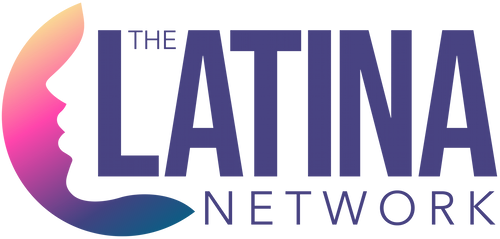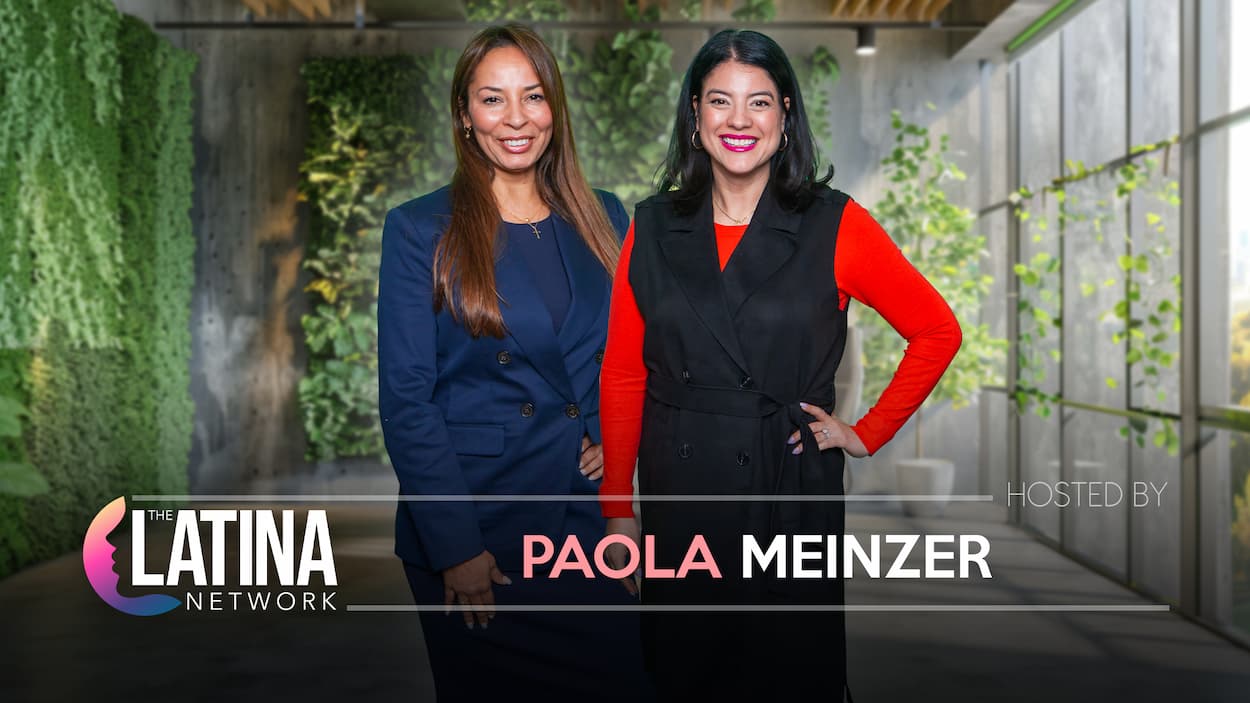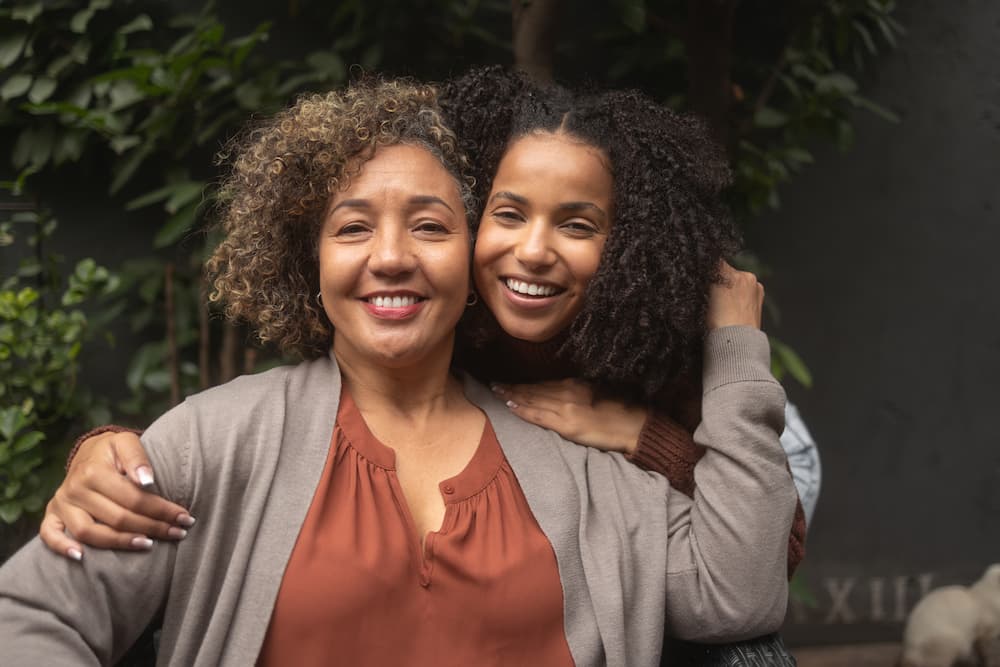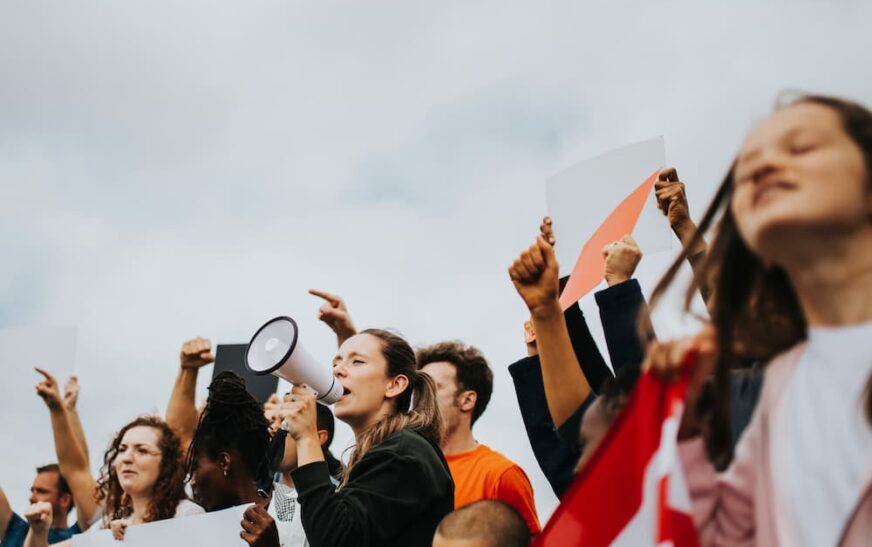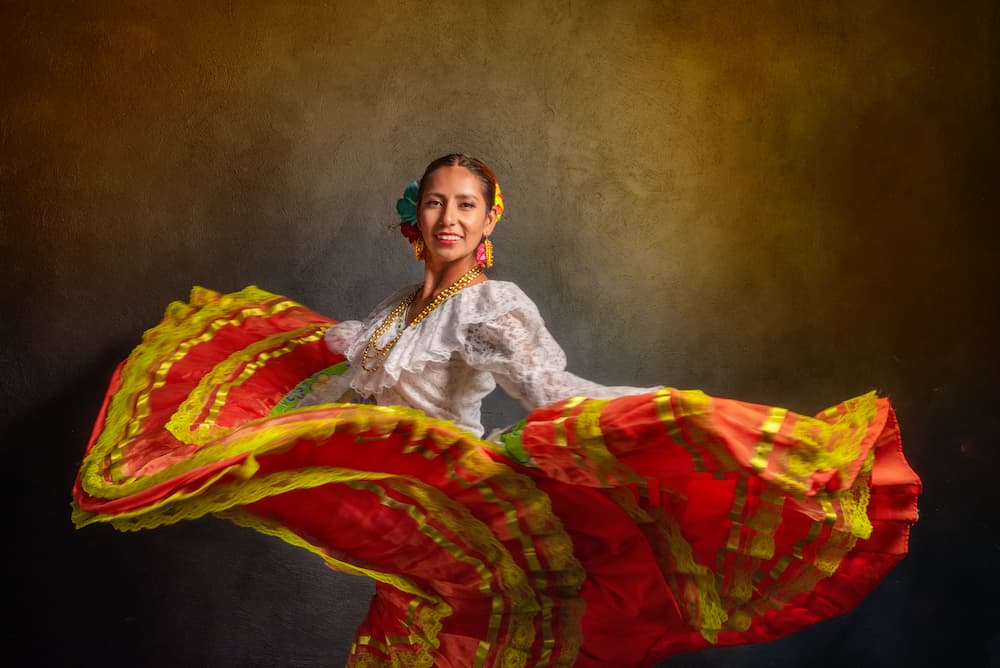For as long as many of us can remember, heritage was framed as something to overcome. Our accents were softened. Our food was ridiculed. Our last names were shortened or mispronounced. In classrooms and boardrooms alike, we were told—sometimes directly, sometimes through a thousand subtle signals—that success meant trimming away parts of ourselves in order to fit. Assimilation was presented as the cost of entry.
But here is the truth that too many still fail to understand: heritage is not a liability. It is our advantage. It is the force that shapes our leadership, our creativity, and our influence. And for Latinas stepping into positions of power, heritage is not the barrier—it is the very fuel that makes us distinctive.
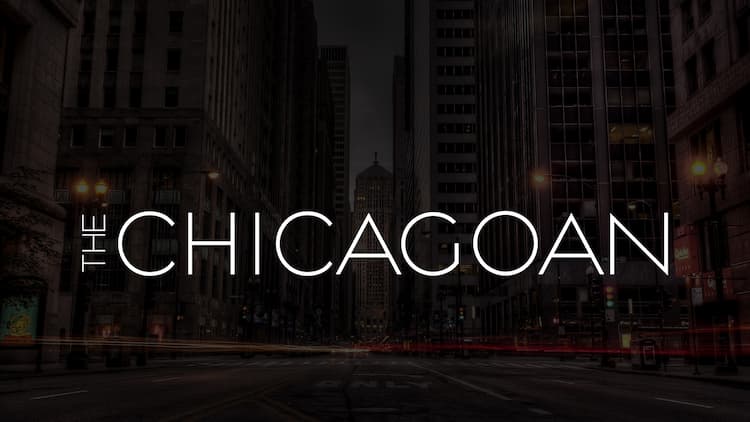
Look at the women who are reshaping industries today. The entrepreneur who builds her brand on flavors, textiles, and imagery rooted in her family’s homeland is not less professional for doing so—she is more compelling. Customers trust her because she is authentic. The artist who paints from her history speaks to audiences far beyond her own community, because truth always travels. The executive who advocates for bilingual communication in her workplace is not making things “complicated”—she is making them real. These women are not succeeding despite their heritage, but because of it.
Cultural authenticity builds trust in ways that no marketing campaign can replicate. When we lead with our heritage, we signal to others that we know who we are and where we come from. That confidence attracts both respect and loyalty. In business, it shows up in the way Latina-owned companies foster customer bases that are not just buyers but believers. In community leadership, it shows up in the way neighbors rally behind leaders who speak their language, understand their struggles, and honor their traditions. Heritage becomes the differentiator that sets us apart in crowded markets and complex systems.
This does not mean the path is without resistance. There are still those who view cultural pride as parochial, who believe that professionalism requires stripping away markers of identity. But here, too, lies opportunity. Every Latina who refuses to erase herself challenges the false assumption that power must be whitewashed to be legitimate. Every time we bring arroz con pollo to the office potluck without apology, every time we sign our names in full, every time we mentor the next generation to see pride as power, we redefine what leadership looks like.
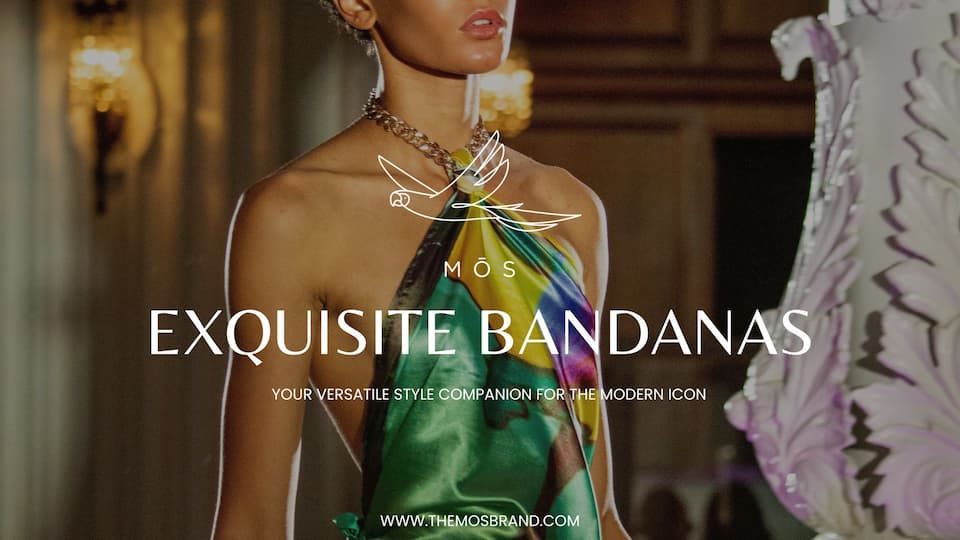
And the impact goes beyond individual careers. When Latinas claim heritage as strength, we expand the possibilities for everyone who comes after us. A young girl watching her mother present in Spanish at a city council meeting learns that her own voice is valid. A college student seeing a Latina professor teach with references to her own cultural history learns that knowledge does not have to be stripped of roots to be respected. These moments accumulate, shifting entire narratives, until heritage is no longer seen as something to shed but as something to celebrate.
For those of us building businesses, launching creative ventures, or stepping into politics, embracing heritage is also strategy. It is the reason our brands stand out, the reason our messages resonate, the reason our communities trust us to represent them. In a marketplace saturated with sameness, authenticity is what cuts through. Heritage offers us stories, aesthetics, values, and ways of being that are impossible to copy. It is not a barrier to success—it is the blueprint for it.
There will always be pressure to conform. There will always be systems that demand assimilation as the price of entry. But our generation carries the chance to break that cycle. We can refuse to flatten ourselves in order to belong. We can build careers, companies, and movements where our heritage is not hidden, but highlighted. And in doing so, we can prove what our ancestors always knew: that what we inherit is not limitation, but strength.
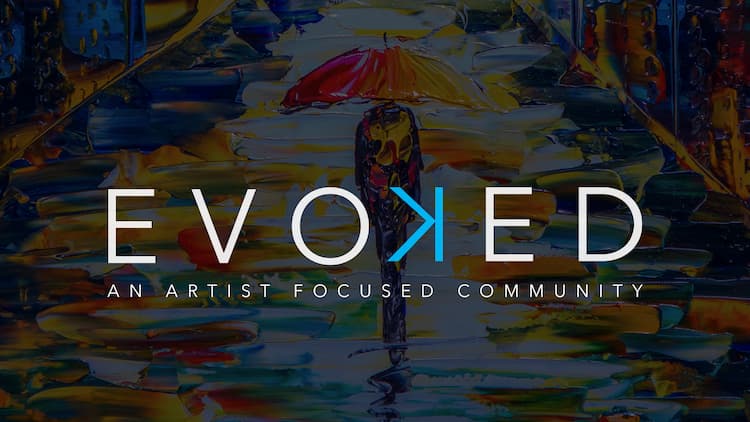
Heritage is memory. It is survival. It is color and rhythm and resilience. It is the thread that ties us to our past and the compass that guides us into the future. When we stop apologizing for it, when we start wielding it as the source of power it truly is, we do more than elevate ourselves. We elevate entire communities.
So let us say it clearly and often: heritage is power. It is the mark of distinction that no résumé, no corporate training, no Ivy League degree can replace. It is the fuel that will carry us into boardrooms, classrooms, courtrooms, and stages that once pretended we did not belong. And when we arrive there, we will not arrive disguised—we will arrive as Latinas, fully, proudly, unapologetically ourselves.
Because heritage is not the barrier. Heritage is the future.
